10 Weird and Terrifying Medical Instruments from the Past

Weird and terrifying
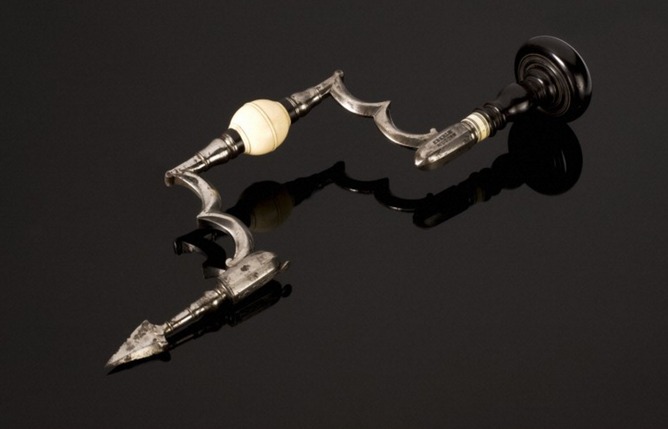
This article was originally published at The Conversation. The publication contributed the article to LiveScience's Expert Voices: Op-Ed & Insights.
The UK’s largest medical charity, the Wellcome Trust, has made its vast database of images freely available to all. The collection holds photos of hundreds of years worth of medicine, instruments and scientific culture.
For me, the progress of science best described by advances in medicine and the instruments used to practice it. Here is a list of a few of my favourites.
French brass syringe
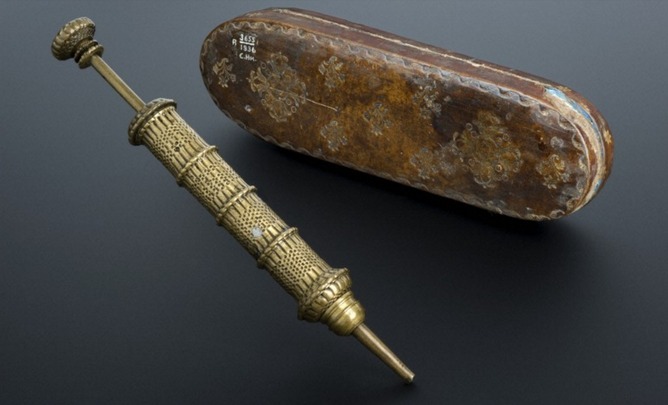
Nothing quite says medicine like a syringe. And this collection has plenty, from the 17th century brass or 18th century ivory enema syringes, to the 20th century’s glass and stainless steel ones, all clearly made to last much longer than our modern disposable versions.
17th century French brass syringe
Ivory enema syringe
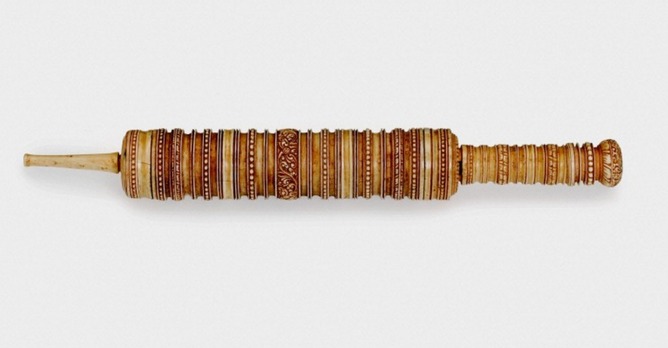
18th century Sri Lankan Ivory enema syringe
Japanese self-administering enema syringe with a piston and reservoir
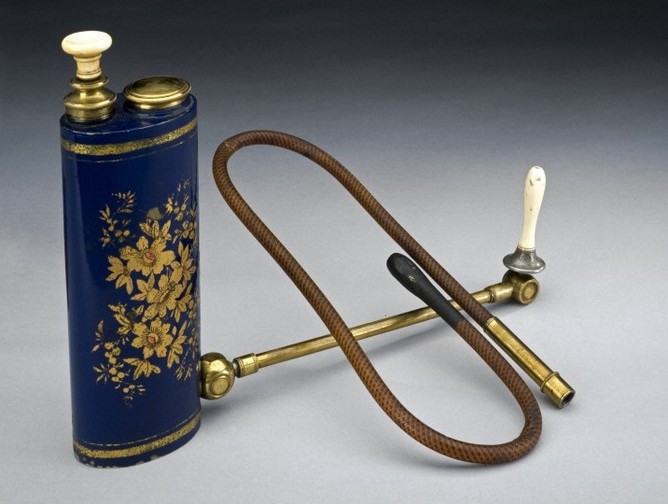
19th century Japanese self-administering enema syringe with a piston and reservoir
Get the world’s most fascinating discoveries delivered straight to your inbox.
Surgical instruments
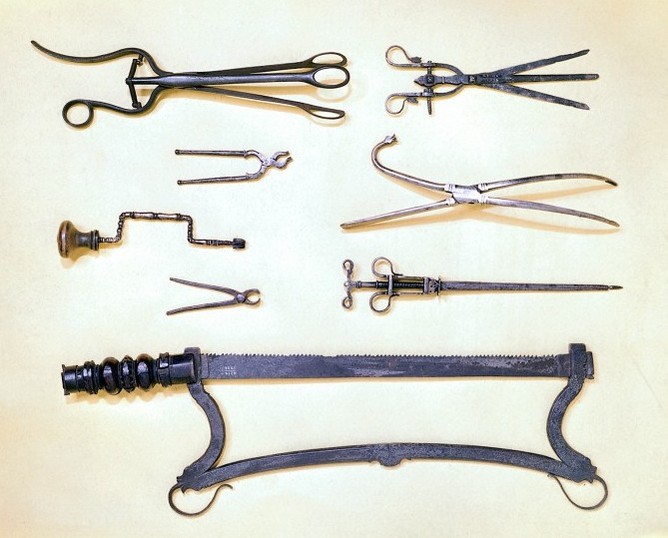
Then there are the surgical instruments, like the 16th century tools below. Those on the right include a double-bladed knife, a forceps for extracting arrow head and a bullet extractor.
Humiliation and punishment
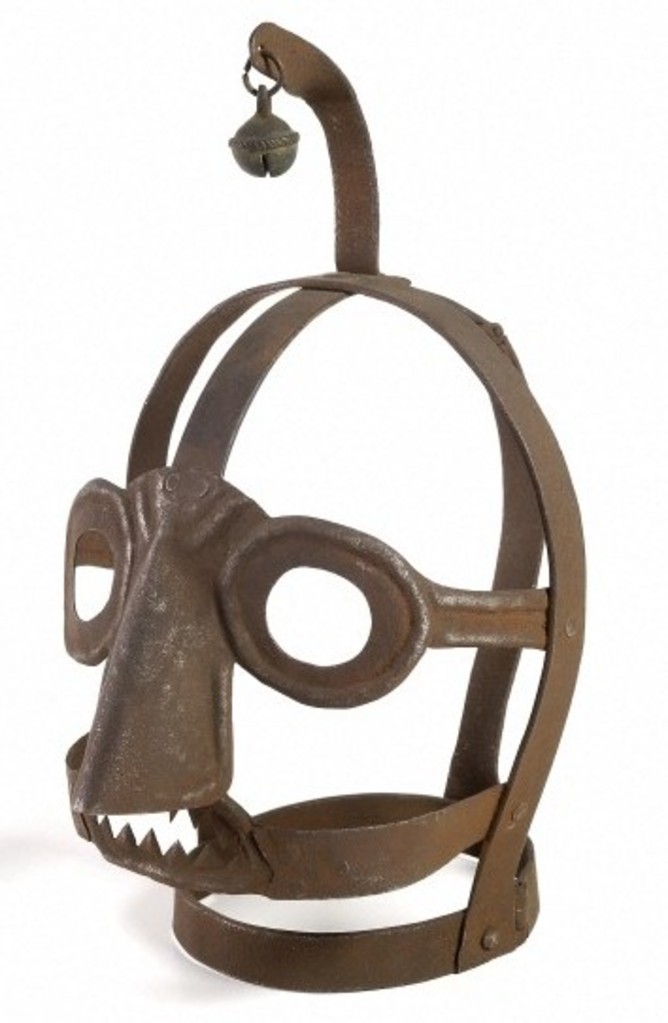
Others like the Belgian Iron “scolds bridle” mask from the 1550s that was used to publicly humiliate and punish, mainly women, speaking out against authority, nagging, brawling with neighbours, blaspheming or lying, are just horrible inventions.
Related: Mysterious 'Man in the Iron Mask' revealed, 350 years later
Investigations
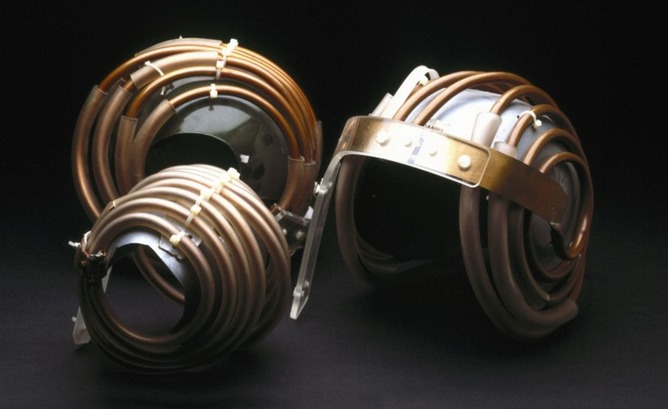
More preferable are the “Jedi” helmets from the 1980s, used in conjunction with MRI scanners to investigate the brain without having to crack open the cranium. The word “Jedi” was used to ensure that children put it on without too much fuss.
Prostethic limbs
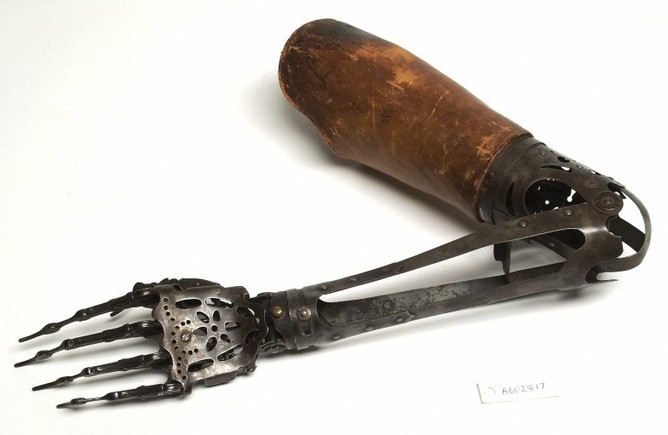
There is also this steampunk steel hand and forearm with brass wrist mountings from 1890.
Eyes
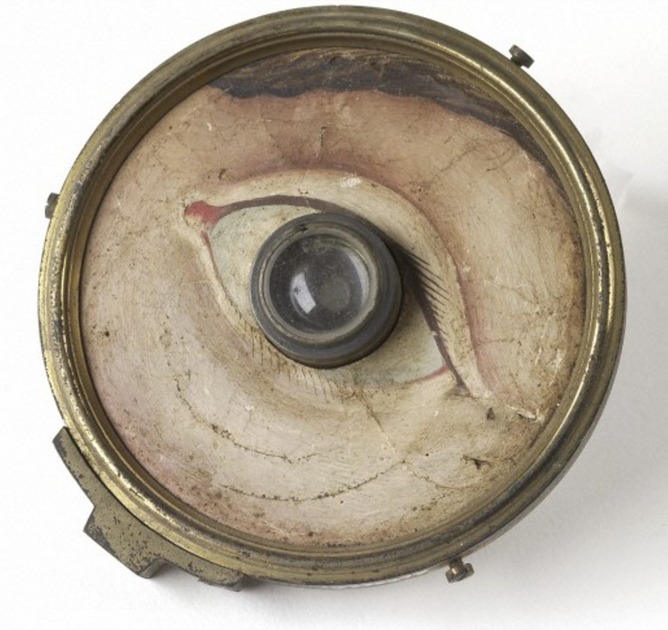
And finally how about the slightly disturbing model eye…
The original eye pad
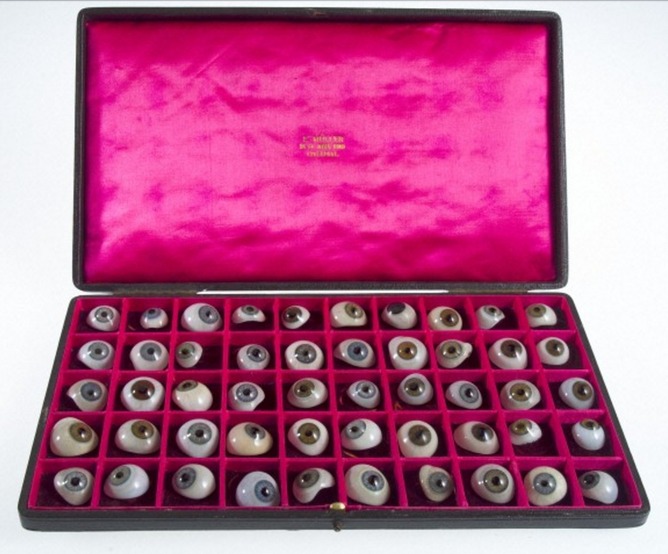
…to go alongside the original eye pad
Mark Lorch does not work for, consult to, own shares in or receive funding from any company or organisation that would benefit from this article, and has no relevant affiliations.
This article was originally published at The Conversation. Read the original article. The views expressed are those of the author and do not necessarily reflect the views of the publisher. This version of the article was originally published on LiveScience.
Related Articles:

Mark Lorch is Professor of Science Communication at the University of Hull. He trained as a protein chemist, studying protein folding and function. His research now focuses on the chemistry of a broad range of biological systems including lipids, proteins and even plant spores. As well as his written outputs he gives regular talks to schools, the public and conferences, and he occasionally pops up on the radio and TV explaining science and technology to a public audience.


